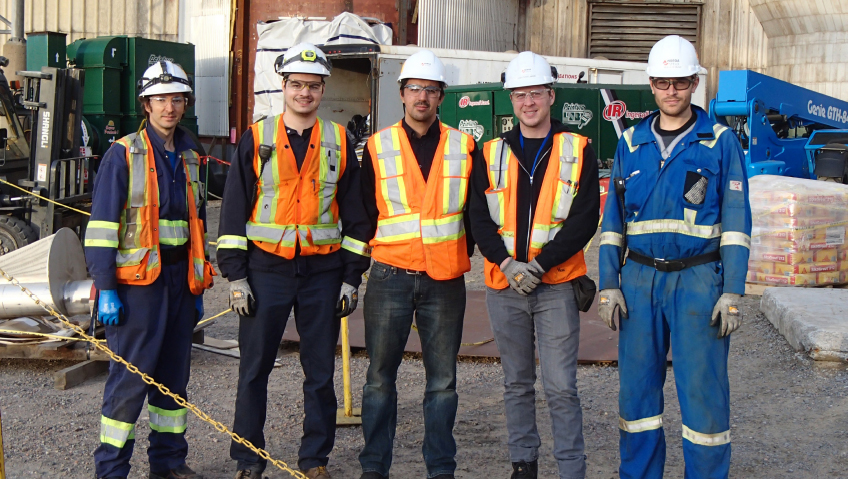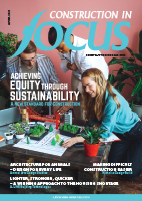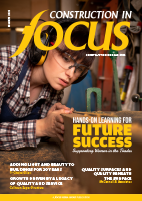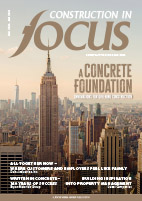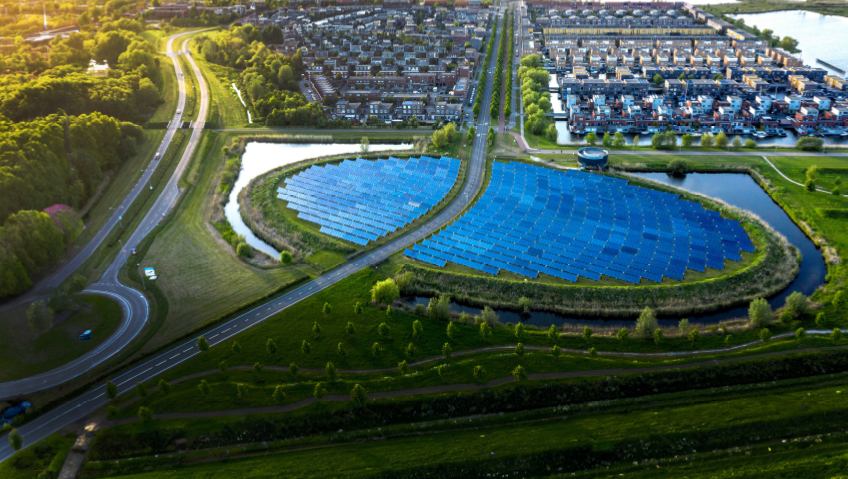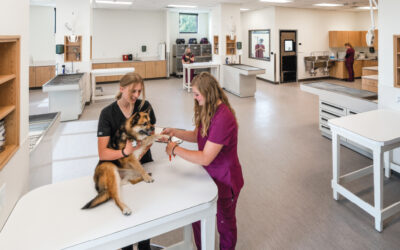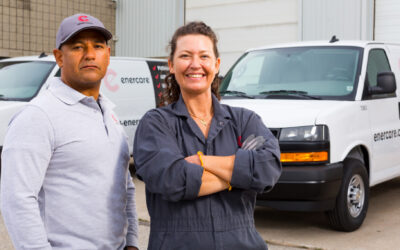Canadian construction engineering firm Norda Stelo specializes in integrated projects. Headquartered in Quebec City, the company has twenty locations on three continents and is deeply committed to building longstanding client relationships based on integrity and trust.
The company was established in 1963 under the name Charles-E Rochette et Associés and focused primarily on municipal engineering projects in the Charlevoix region. Within a few years, the company was moved to Quebec City and as it continued to grow and new associates joined the leadership team, the company changed its name to Roche Ltd. Consulting Group in 1984.
Over the next decade, the company went through a number of transitions resulting in an employee buyout in 2005. “We, with about thirty employees at the time, bought back the company, and from 2005 to 2012, it just grew up, but then we faced a major crisis,” said company President and Chief Executive Officer Alex Brisson.
By 2012, the entire engineering industry was hit by a major confidence crisis involving corruption in public construction contracts at both the municipal and provincial levels of government. This caused a major change in the engineering industry itself. Thousands of jobs were lost and one by one, Quebec engineering companies were either being bought out by global industry firms or condemned to compete in a local but shrinking market. “In 2013, we were facing a major crisis, and we had to decide what we were going to do to make sure this company could survive,” Brisson explained. Brisson and his management team believed that in the greatest confidence crisis ever known in the industry, this was Roche’s opportunity to reinvent itself.
The company leadership realized that a rebranding would be necessary, and they chose the Esperanto phrase for North Star to symbolize their vision and the plan to move forward. After shedding ties to a piece of its history that no longer represented the values of the company, Roche became Norda Stelo.
In the spring of 2017, Brisson brought key employees together to discuss the future of the company. “We were fifty employees in one room and collectively decided that we were faced with two choices: die or survive. We chose to survive, and with those fifty employees, we defined the new values of the company. It felt like a new start for this company,” said Brisson.
“We took the gamble that our future would depend on mobilizing everyone around the Norda Stelo Project, which puts our employees and clients at the heart of our company’s interests,” he explained. With the support of its employees and clients, Norda Stelo aspired to become a distinctive firm within the industry. In order to do so, the six core values that would act as the foundation for this transformation were established: adaptability, trust, excellence, innovation, integrity, and respect. Soon after followed a collective effort to define and operationalize the four main axes of company’s renewal: Governance, Human, Performance and Strategy.
Implementing this transformation meant making some gigantic changes, but as a result of these efforts, the company was able to maintain a significant portion of its customer base. “During the crisis, we never lost a major client. We had to meet with them, explain what happened and especially what we’re going to do going forward,” said Brisson.
The first thing the company did was work on its internal governance. It designed a code of conduct to which all employees must adhere and appointed an on-staff ethics commissioner to investigate and advise on ethics-related issues. The second step was to focus on human skills to ensure that Norda Stelo’s employees were committed, motivated, highly-qualified and ready to bring the best possible value to customers. Third was to implement systems for collecting and analyzing performance metrics so that the company could measure its progress. And fourth and foremost was for Norda Stelo to give itself a solid strategic plan to realizing its vision: “Mobilizing our collective intelligence towards the sustainability of our partners’ assets, our communities and the planet.”
This new strategy allowed the company to convince all of its most important clients to stay, but it took years to implement. In 2014, its annual revenue had been approaching $200 million, and that fell to $65 million over the next few years. However, this year, Norda Stelo is on track to clear $100 million as a direct result of this new business model.
The heart of that model for Norda Stelo is building and maintaining partnerships that last. The company has structured its approach around clients rather than projects, and it develops relationships by building trust and delivering value. Further, to demonstrate its commitment to its clients, the company aims to create a local presence in their region.
“When working in partnership with a client, we aim not only to provide engineering services on projects, but to engage with local service providers and create a positive impact on the community,” said Brisson.
Reinventing Norda Stelo meant focussing on what we do best: brownfield projects. By definition, these projects aim at restoring and increasing capacity and performance of existing equipment and facilities. But Norda Stelo believes that “Brown is the New Green” – that by restoring and enhancing equipment performance and extending the life of existing facilities, a positive impact on climate change is achieved and significant value is added to clients’ assets.
Norda Stelo’s strategic approach to adding value to its clients is aligned around four main areas: Asset Durability, Digital Transformation, Climate Change and Impact on Communities.
The Norda Stelo team has recognized expertise and unique experience in Asset Durability. Through improving existing facilities in every phase of their asset’s life cycle, the company can help to ensure that jobs stay in the area, and it is committed to doing what it can to help communities. “Our job is more than to be good on the technical side. We have to also be good on the human side,” said Brisson. The company is currently working on several large capital expenditure brownfield projects.
Another vital area to Asset Durability is the integration of artificial intelligence (AI) in industrial robotics and automation. As this field continues to gain momentum in technology sectors like aeronautics, manufacturing, and food processing – where Norda Stelo is well known – the company also focuses its efforts on a niche market by bringing automation solutions to industrial clients like aluminum and nickel mines.
After fifty-seven years in business, Norda Stelo has endured many trials, but despite these, the company is now growing year over year. Most of its competitors operate in the speculative market and are expected to deliver financial results to investors every month, but for Norda Stelo the priorities are a bit different.
“For us, the company is owned by the employees, and we’ve put our focus on making sure that we’ll stay at a human level. Our goal is to bring added value solutions to our clients. That’s who we are, and that’s what we’re doing day-to-day. We want to make sure that we’ll perform and improve the situation for the company, for our employees, for our clients, and for the planet,” said Brisson.

